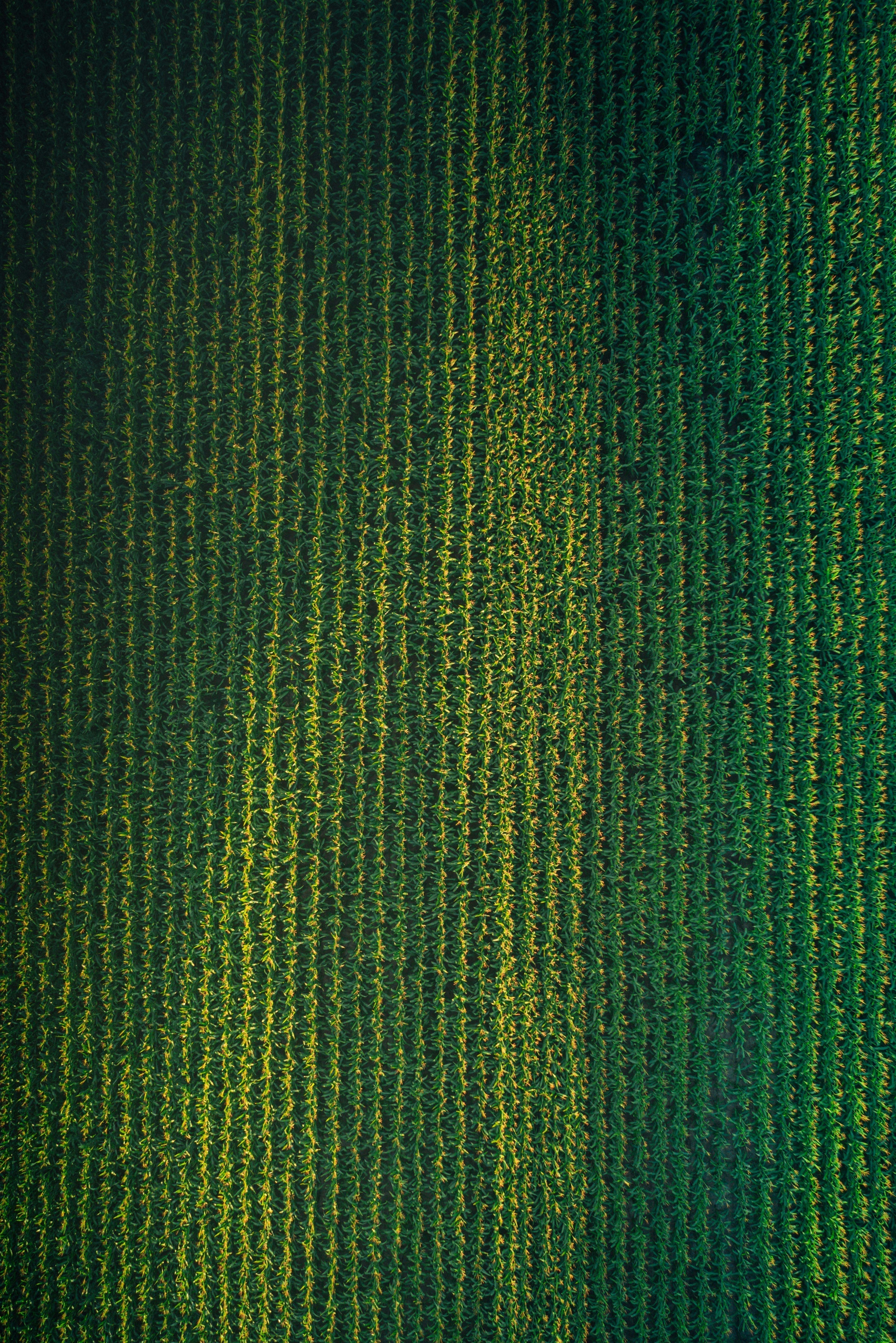Written on

We've all seen them at our local supermarkets, the shelf-stable snacks that boast their "organic" labeling. But are these delicious options actually as good for you as they seem?
Spoiler alert: no.
Nearly 50% of Americans prioritize organic, many of them misinterpret what the USDA label means. While the claim evokes images of small, local farms, the reality is often far from it. In fact, most organic food nowadays comes from highly industrialized operations (not that different from those producing the conventional choices).
So, what does the “organic” label really mean?
Well, in a nutshell: organic certifications ensure food is grown without synthetic pesticides, fertilizers, GMOs, antibiotics and growth hormones. And while some naturally derived pesticides are allowed, the emphasis is on renewable resources and mimicking natural ecosystems. This means using compost, manure, and crop rotation to maintain healthy soil, which in turn fosters pest-resistant plants.
All of which sounds pretty good, until you start trying to make “organic” synonymous with “healthy.” Food blogger, @thefoodbabe, broke down this idea on her account of how organic labels could often appear alongside some bad-for-you ingredients, such as: emulsifiers, liquid refined sweeteners, and even flavors. Even worse, these ingredients have been linked to gastrointestinal issues, obesity, cancer, and type 2 diabetes.
The bottom line? Organic is not the magic answer to a healthy diet. While it often signifies a more environmentally friendly production method, it doesn't guarantee a healthy choice.
The other crucial fact to remember is that getting a USDA certification is extremely time-consuming and expensive and a lot of small, local farms don’t necessarily have the bandwidth or money to do so.
We find that the most important thing to focus on are the elements that are important to you and to do your research into the suppliers for your favorite foods.
For example, we prioritize regenerative agriculture, minimizing our carbon footprint, and remaining pesticide (especially glyphosate) free!
The farm that supplies us with our sorghum is actually what is known as “transitional organic”. They don’t use any pesticides, but are still going through the process of getting their USDA organic certification. They are also huge proponents and pioneers in regenerative agriculture and our sorghum is actually carbon sequestering (!). So not only does it not produce any carbon, but it’s farming practices actually remove carbon from the atmosphere - a huge win for us, and it was a bigger priority to work with a small, regenerative farm and to support them through their transition to organic. Hence, why you don’t see the USDA organic label on our products - yet!
So, the next time you reach for that organic snack, take a moment to flip it over and check the ingredients list. You might be surprised by what you find, and you also might want to do even more digging to find snack food brands that are supporting small, transitional organic farms.
Remember, true health comes from whole, minimally processed foods, regardless of whether they bear the organic label.


